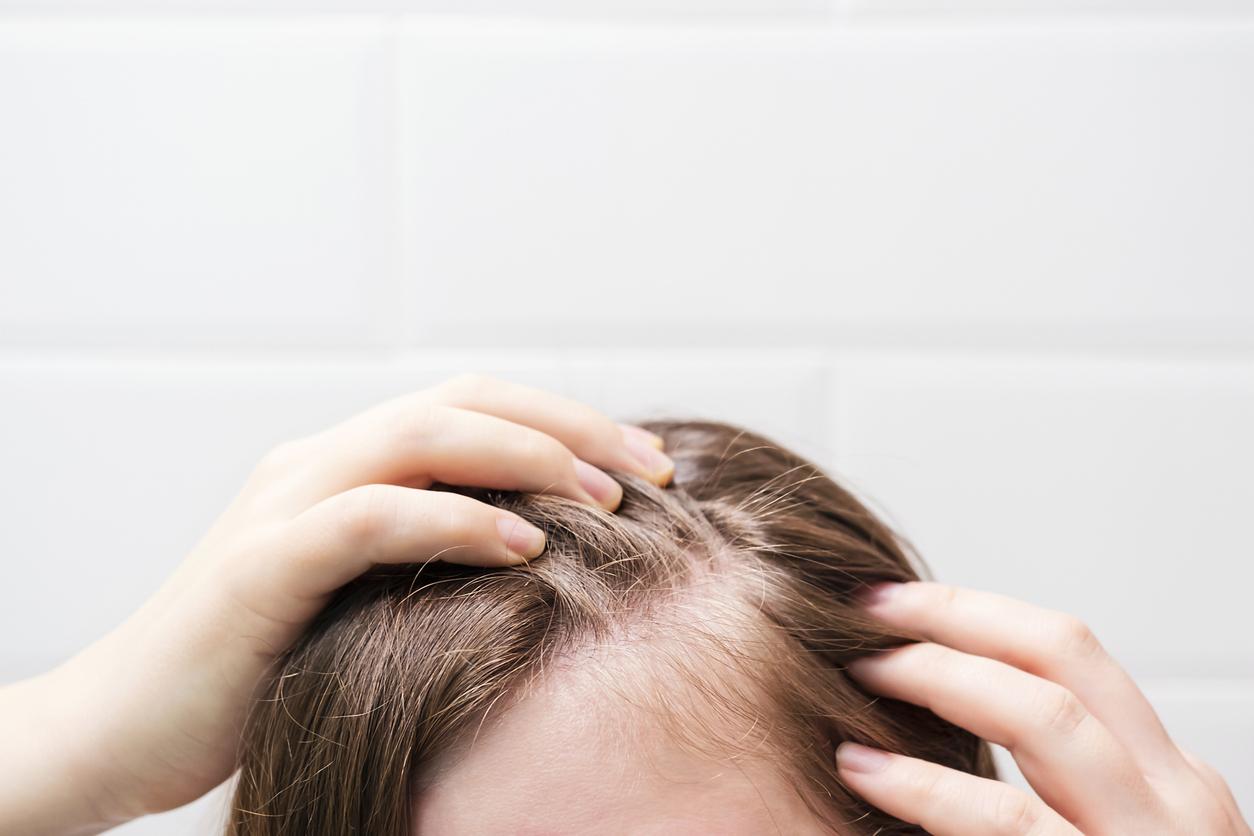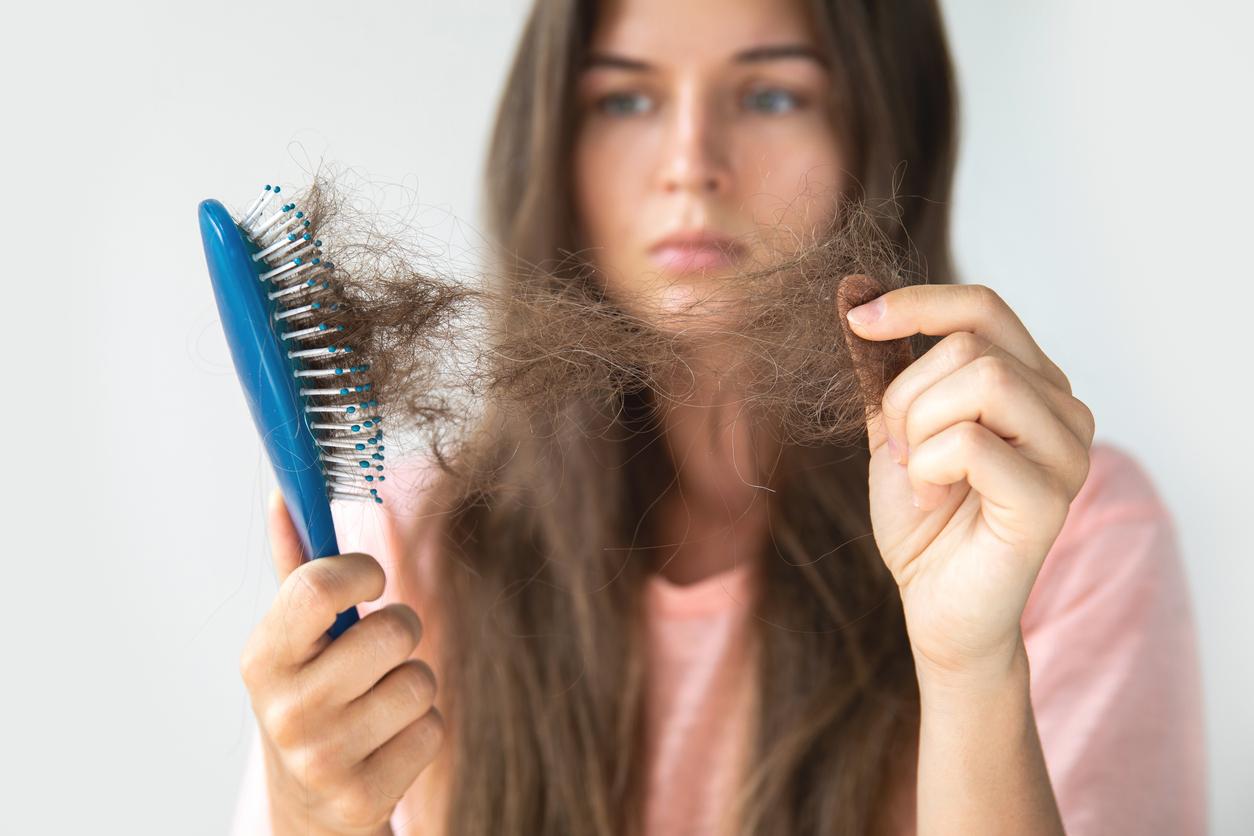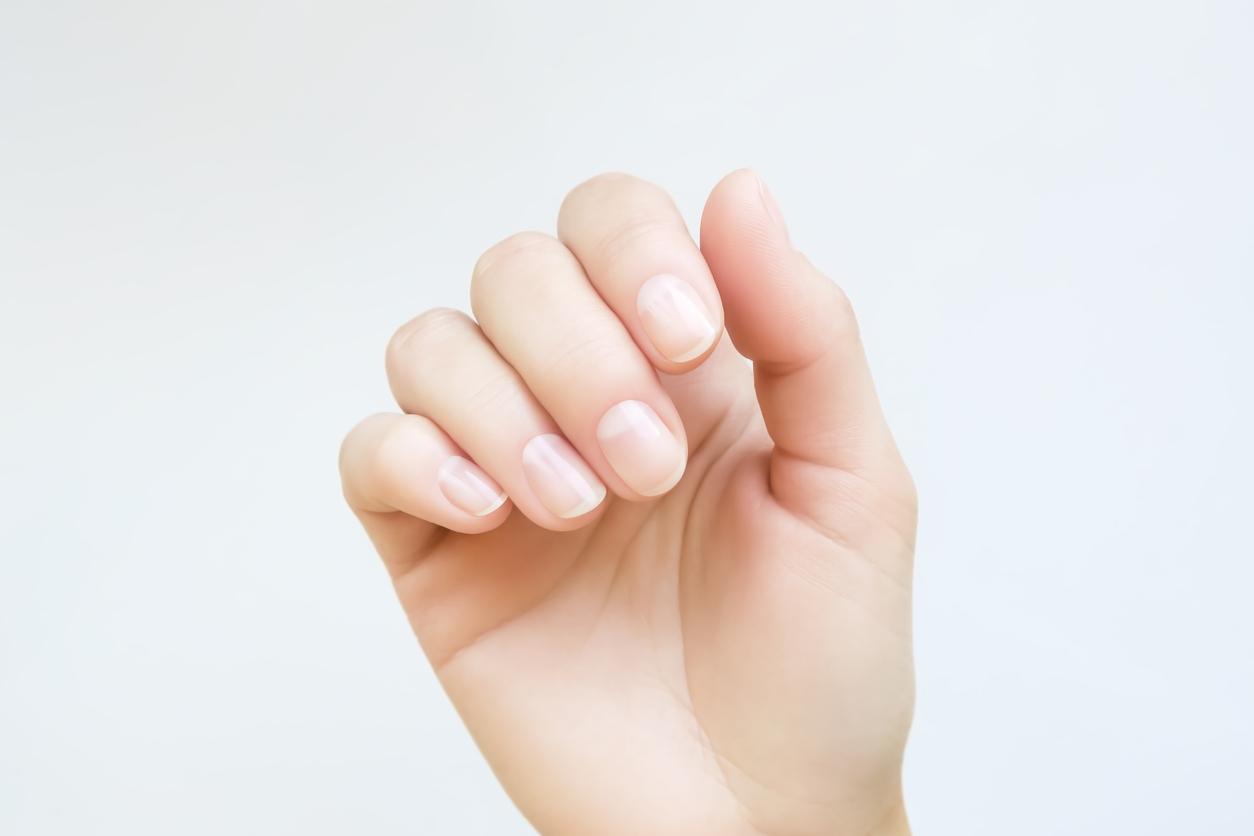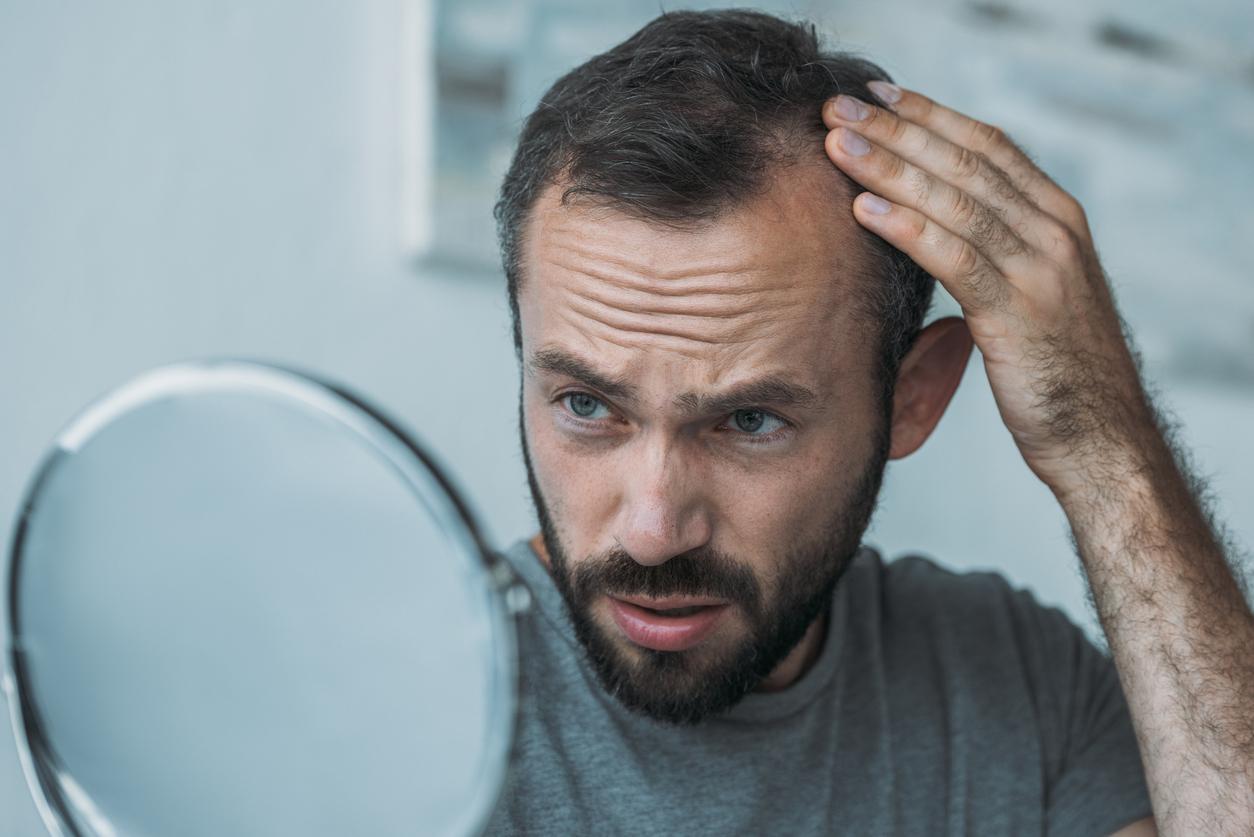Researchers have found that practicing intermittent fasting can delay hair growth by disrupting the stem cells in hair follicles.
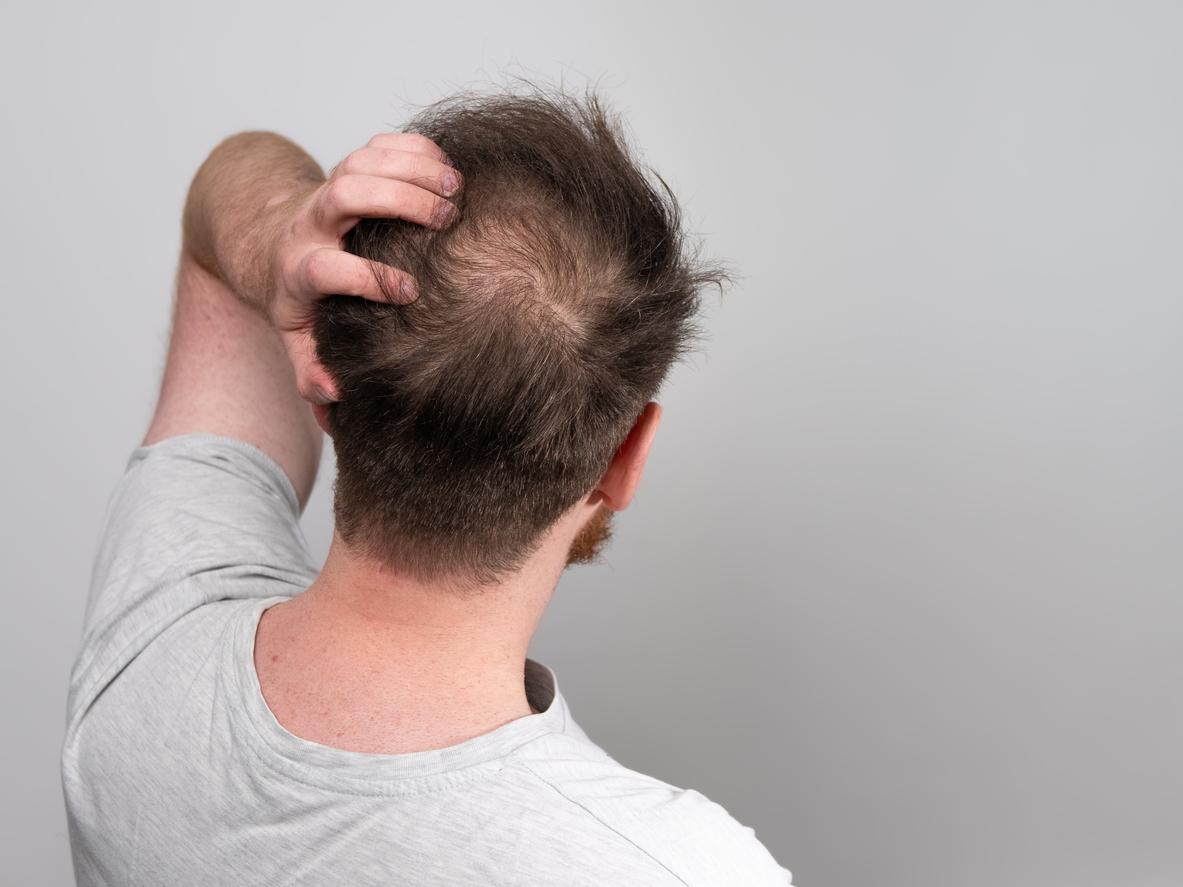
- Intermittent fasting slows hair growth, new study finds.
- Researchers observed in mice that fasting disrupted the stem cells of hair follicles.
- These are unable to adapt to new sources of energy (fats instead of glucose), and self-destruct, which therefore delays hair growth.
Reduced risk of stroke, heart attack or even cancer… virtues of fasting intermittent are increasingly attractive. Indeed, according to an Ipsos survey published in The Parisian in March 2022, 27% of French people practice it regularly or occasionally, including 61% for health reasons. But, according to a new study published in the journal cell, intermittent fasting does not only have qualities. This diet could be harmful for our hair because, according to researchers, growth is slower in those who follow this type of diet.
The different types of intermittent fasting
According to the National Institute of Health and Medical Research (Inserm)there are three types of intermittent fasting:
- The 5:2 diet during which the person eats normally for 5 days then reduces the last 2 days, to 500 calories/day for women and 600 calories/day for men.
- The 16/8 diet: fasting for 14 to 16 hours and eating for the remaining 8 to 10 hours.
- “Alternate day fasting”: fasting every other day.
To measure the impact of fasting on hair regrowth, scientists chose the 16/8 diet. They tested it on mice that could only feed for eight hours a day. Thus, they observed less good hair regrowth (up to 96 days for partial results), compared to rodents which could feed unlimitedly. The latter, for the most part, saw their hair grow back in 30 days.
Hair follicles do not adapt to new energy sources
But why does fasting impact our hair? The reason comes from the stem cells of hair follicles. During a fast, all the cells in our body must no longer draw their strength from glucose but from fat reserves… And scientists have discovered that the stem cells of the hair follicles cannot do this and that, in this situation, they self-destructed, which therefore delayed hair growth.
“We don’t want to dissuade people from practicing intermittent fasting, as it is associated with many beneficial effects, underlines Bing Zhang, one of the authors, in a press release. You just have to be aware that it can have unforeseen effects.” But rest assured, they can be avoided. Scientists have indeed discovered that certain antioxidants could help the stem cells of hair follicles to survive during the fasting period.









